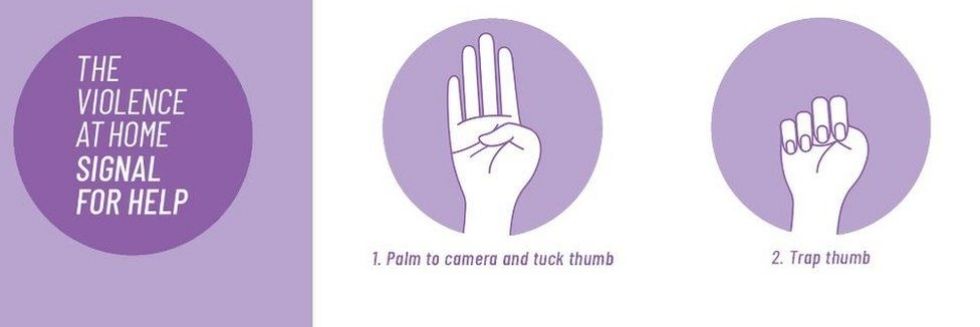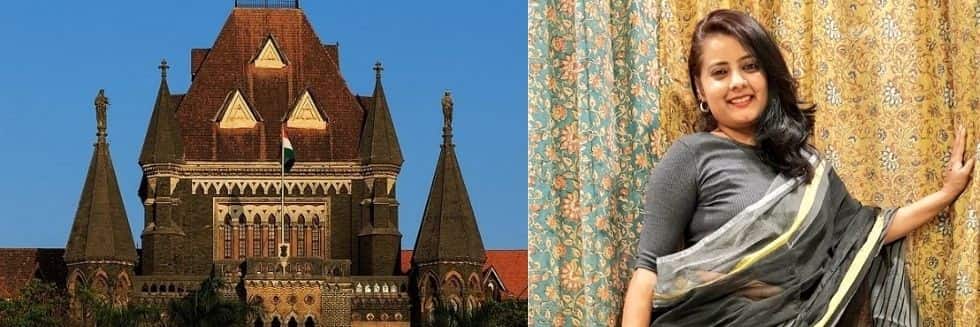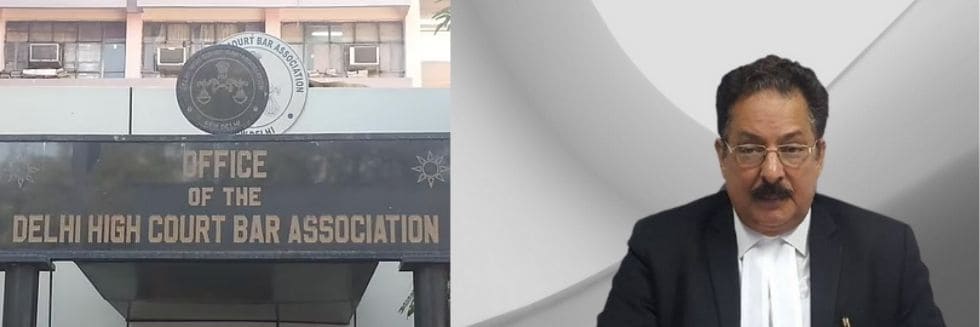Delhi High Court on Friday refused interim relief to a 25-year-old unmarried woman who was seeking permission to terminate her pregnancy of 23 weeks and 5 days. The bench noted that an unmarried woman pregnant out of a consensual relationship is not covered by any of the clauses of the Medical Termination of Pregnancy Rules, 2003.
Chief Justice Satish Chandra Sharma and Justice Subramonium Prasad stated,” The Petitioner, who is an unmarried woman and whose pregnancy arises out of a consensual relationship, is clearly not covered by any of the clauses under the Medical Termination of Pregnancy Rules, 2003. Therefore, Section 3(2)(b) of the Act is not applicable to the facts of this case.”
“As of today, Rule 3B of the Medical Termination of Pregnancy Rules, 2003, stands, and this Court, while exercising its power under Article 226 of the Constitution of India, 1950, cannot go beyond the statute. Granting interim relief now would amount to allowing the writ petition itself,” the bench added.
Keeping the petition pending, the bench has issued notice to Delhi’s Health and Family Welfare Department and will hear the matter on August 26.
The Medical Termination of Pregnancy Rules, as per the 2021 amendments, mentions the categories of women who can terminate their pregnancy after 20 weeks. The court pointed out that unmarried women are not mentioned in those categories.
The woman had approached the High Court seeking termination of her pregnancy citing the reason that she could not give birth to the child as she is an unmarried woman and her partner has refused to marry her. She also submitted that their relationship was consensual.
The petitioner had also stated that this pregnancy out of wedlock will entail in her ostracisation. She added that she is not prepared to be a mother and continuing this pregnancy will cause grave physical and mental agonies to her.
The counsel representing the petitioner contended that Rule 3B of the Medical Termination of Pregnancy Rules, 2003 is violative of Article 14 of the Constitution of India, 1950, inasmuch as it excludes an unmarried woman.
“Whether such rule is valid or not can be decided only after the said rule is held ultra vires, for which purpose, notice has to be issued in the writ petition and has been done so by this Court,” the bench said.
The High Court bench noted that sec. 3(2) (a) of the Medical Termination of Pregnancy Act provides that the Medical Practitioner can terminate the pregnancy, provided, the pregnancy does not exceed 20 weeks.
“Section 3(2) (b) of the Act provides for termination in circumstances where the pregnancy exceeds 20 weeks but does not exceed 24 weeks,” the court added.
The Court also noted that sec. 3 (2) (b) of the Act provides that the said sub- Section is applicable only to those women who are covered under the Medical Termination of Pregnancy Rules, 2003.
“The Petitioner, who is an unmarried woman and whose pregnancy arises out of a consensual relationship, is clearly not covered by any of the Clauses under the Medical Termination of Pregnancy Rules, 2003. Therefore, Section 3(2)(b) of the Act is not applicable to the facts of this case,” the bench observed.
“Why are you killing the child? There are big queues for adoptions…We are not forcing her (Petitioner) to raise the child. We will ensure that she goes to a good hospital. Her whereabouts will not be known. You give birth and come back,” stated the bench.
“Your whereabouts will not be known to anyone. Deliver the baby, please come back… You ask the client. Everything will be looked after by the government of India or the Delhi government or some good hospital… I am also offering to pay,” CJ Satish Chandra Sharma said.
The counsel appearing for the petitioner had then argued that in case the Petitioner had been a widow or a divorcee, she would not even have to take permission from the court.
“It is owing to her status as an unmarried woman that she was required to take permission from the court,” the counsel said.
Highlighting the legislative intent of amending Section 3(2)(b) in 2021, the petitioner stated that the legislature had via its amendment, permitted termination of pregnancy in light of new medical advancements.
The petitioner’s counsel further added that the 2021 amendment has substituted the word “husband” with “partner” in the Act and its legislative intent was to cover unmarried women too.
“As of today, Rule 3B of the Medical Termination of Pregnancy Rules, 2003, stands, and this Court, while exercising its power under Article 226 of the Constitution of India, 1950, cannot go beyond the Statute. Granting interim relief now would amount to allowing the writ petition itself,” the bench added.
Special Cases Where Abortion Is Allowed Up To 24 Weeks Of Pregnancy
As per the Medical Termination of Pregnancy Amendment Rules 2021, following are the cases where a woman is eligible to terminate a pregnancy up to 24 weeks.
- Minor;
- Mentally ill woman including mental retardation;
- Survivor of sexual assault or rape or incest;
- Change of marital status during the ongoing pregnancy (widowhood and divorce);
- Woman with physical disabilities [major disability as per criteria laid down under the Rights of Persons with Disabilities Act, 2016 (49 of 2016)];
- The foetal malformation that has a substantial risk of being incompatible with life or if the child is born it may suffer from such physical or mental abnormalities to be seriously handicapped; and
- Women with pregnancy in humanitarian settings or disaster or emergency situations as may be declared by the Government.
Read Also: Is abortion legal in India for unmarried woman?
View this post on Instagram






